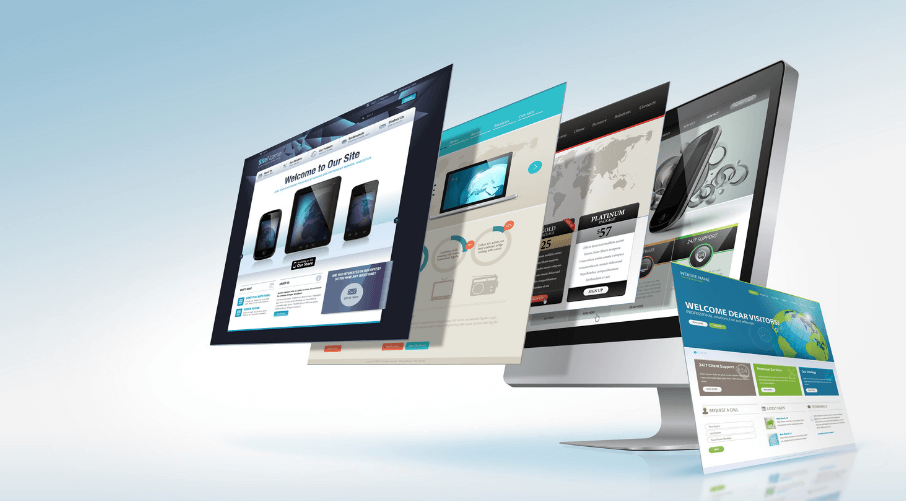A provocative question most online marketers keep brooding about.
So as a customer, what is the first thing you would do to learn more about a product you have zeroed on? Evidently, delve deeper into its nuances through the product website.
A website is a significant medium which bridges the gap between end-customers and product owners. It heavily contributes towards converting visitors to potential leads. Though it is easy to get hung up by the colors and aesthetics, let us understand that the complete purpose of web design boils down to seamless engagement and great user experience.
Let us get hold about the predominant factors which impact good web design and development…
Uncomplicated Navigation:
The first thing which hits us as a website visitor is its intuitive navigation. A website should not have the visitors thinking about what to click next or where to look for information. This also includes:
- The primary menu to be simple and placed on top of the web page
- Labels used should be consistent on every web page
- Placement of search boxes to help visitors make a quick search on topics
- Clutter-free minimal navigation options on the web page
Consistency:
Putting into use your branding colors communicates a sense of authority to the visitors. Keep a check on the colors, style, fonts, and appeal. Ensure that it elucidates your branding norms along with maintaining consistency throughout the website. A planned web page layout also adds on to the consistency and improves user experiences.
Minimalistic Design:
Empathize your customers. Understand that they have visited your website in search of information and not to rate the design intricacies of your website. Keep in mind not to include too many design elements in an attempt to beautify your website design. Such design elements may be distracting and could drive away customers. Have a simple website design with controlled elements helping customers to find what they need.
Compatibility Across Devices:
With technological developments compatibility across devices has become a prerequisite. With the absence of a responsive website, you may be seriously lagging in the competitive milieu. Incompatibility could increase your average bounce rates and hit hard on prospective conversions. It could be a huge setback for your website performance on the whole.
Serve the Purpose:
You should plan the purpose of your website. Research about your target audience, what you would like them to know, their preferences and the demands in place. These figures together will help in providing the right type of content to the right kind of people. When your customers get what they expect, they become happier and keep coming back for more.
Ensure to have the content on your website to be concise and digestible. Do not bombard your visitors with information. Rather have your contact info on every web page so that prospective customers can get in touch with you if they really need more information about your products and services.
Website Maintenance:
A web page which is not accessible results in disappointed customers. An error prompt is always a show stopper. Make sure that you keep a check on the functionality of your web page links. If required incorporate appropriate redirects to ensure your visitors are being fed with enough information wherever needed.
Final thoughts:
Though the above-listed aspects do make a great difference in marking your online presence, the key lies in how well you are able to sense the pulse of your customer base and strike the right chord amongst them. Implementing all these technicalities together will definitely have a remarkable impact on the overall performance of your website and ultimately an upsurge in the conversion rates for your organization.
Related Posts
Post does not have featured image






